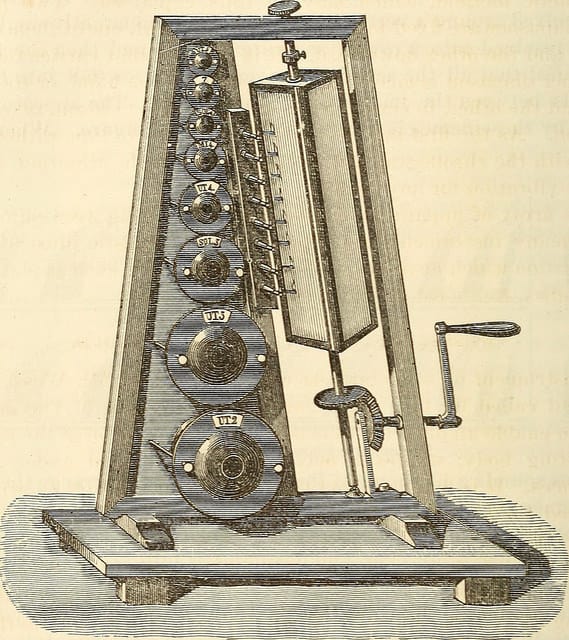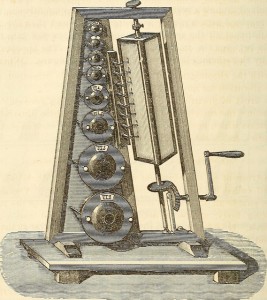
 The People Skills of a Good Reliability Engineer
The People Skills of a Good Reliability Engineer
Having the technical and business skills is not sufficient to be a good reliability engineer.
You must also work with other people. With your peers, across the management team, with suppliers, contractors, and customers.
The ability to work well with others is often complex and situational. Being aware of a few basic skills will allow you learn and improve. Prette and Prette define social competence as the social skills
that meet the different inter-personal demands in the workplace in order to achieve the goals, preserve the well-being of the staff and respect the rights of each other.
A. Del Prette and Z. A. P. Del Prette, Psicologia das relac ̧o ̃es interpessoais: viveˆncias para o trabalho em grupo, Vozes, Petro ́ polis, 2001.
An engineer needs an awareness of the social situation and how their behavior influences others, along with a capability to correctly understand the behavior and needs of others. The concepts discussed under emotional intelligence include:
- self-awareness
- self-regulation
- Motivation
- Empathy
- and social skills
Goleman, D., Emotional Intelligence: Why It Can Matter More than IQ. New York: Bantam Books (1995).
Goleman, D., Working with Emotional Intelligence. London: Bloomsbury Publishing (1998).
The ability to influence others or to aide in understanding a technical situation relies on effective communication. Beyond presenting the facts, finding, and conclusions, your communication must also build upon the audiences’ current understanding and capability. Also, our presentation must address the needs and expectations of the audience. The audience needs are often unstated, thus the need for your ability to correctly assess the social situation.
A Meeting Example
Let’s say two engineers join a meeting to discuss an engineering problem that requires a solution. One engineer, Juan, has social skills and the other, Tomas, does not. As the team assemblies Juan arrives a minute or two early and greets his co-workers and responds to greetings and comments pleasantly. Tomas arrives on time, does not greet anyone and focuses on his laptop catching up on a few emails messages till the meeting is called to order.
A member of the team opens with a short review of the specific technical challenge and as she started with the review of what is known to date, is interrupted by Tomas. Tomas launches into his solution for the problem and remarks that the remainder of the meeting is pointless as he already has an appropriate solution to implement. The solution is not obvious to the remainder of the group which frustrates Tomas as he repeats his assertion that he has a solution. There is social tension building which Tomas does not recognize.
Juan does sense the discontent between Tomas and the rest of the team. Juan does not fully understand the problem nor Tomas’ solution, yet injects a few questions that help guide Tomas to guide the team to better understand the problem and proposed solution. Juan facilitates a discussion between those with knowledge of the problem so the entire team fully understands the issue, plus assists Tomas restate the proposed solution again to help everyone understand the proposal.
The story of this meeting could continue, with more elements of lack of social awareness and skills and possible methods to create progress. It is situations without someone like Juan having the awareness and social adeptness to facilitate effective and socially acceptable communication, that likely end poorly.
Finding a solution is not the only goal of a problem solving meeting. It is finding a solution that the team can implement effectively. This requires the team understand both the problem and the solution. Furthermore, the one meeting is likely part of series of regular engagements for this team, thus impacts the ability of the team to work cohesively going forward.
When social behavior elements such as discussions, questions, and proposals, for example, do not include consideration of the recipients situation that social friction occurs. Those around Tomas may feel belittled, devalued, excluded or ignored. Those around Juan feel heard, included, and accepted. The ability of Juan to adjust his behavior based on his awareness permits the team to hear and understand any proposal, including those from social inept people.
To make a potentially long story short, even is Tomas had the correct solution for the problem, it was Juan’s people skills that permitted the team to find and implement a solution. Juan will likely advance in his career while Tomas will not.
If you are not familiar with emotional intelligence you may want to read a few introductory articles. If you have not examined your ability communicate with individuals or groups, or you have wondered how to improve your ability to influence those around you, look for material (articles, books, seminars, courses) that provide a framework to understand how to communicate effectively.
When I first became an engineer the focus on my education and training focused on technical skills. Later I learned the importance of social skills and found that my technical prowess (little that it was) flourished as others were able to understand and accept my ideas and solutions. Plus, my contributions to meetings helped with the acceptance of other better solutions.
There are a lot of talented people all around us. Our ability to work with them enhances our ability to implement engineering solutions that meet our business and customer expectations. Plus, working well with our team make our work a bit more enjoyable.
Leave a Reply